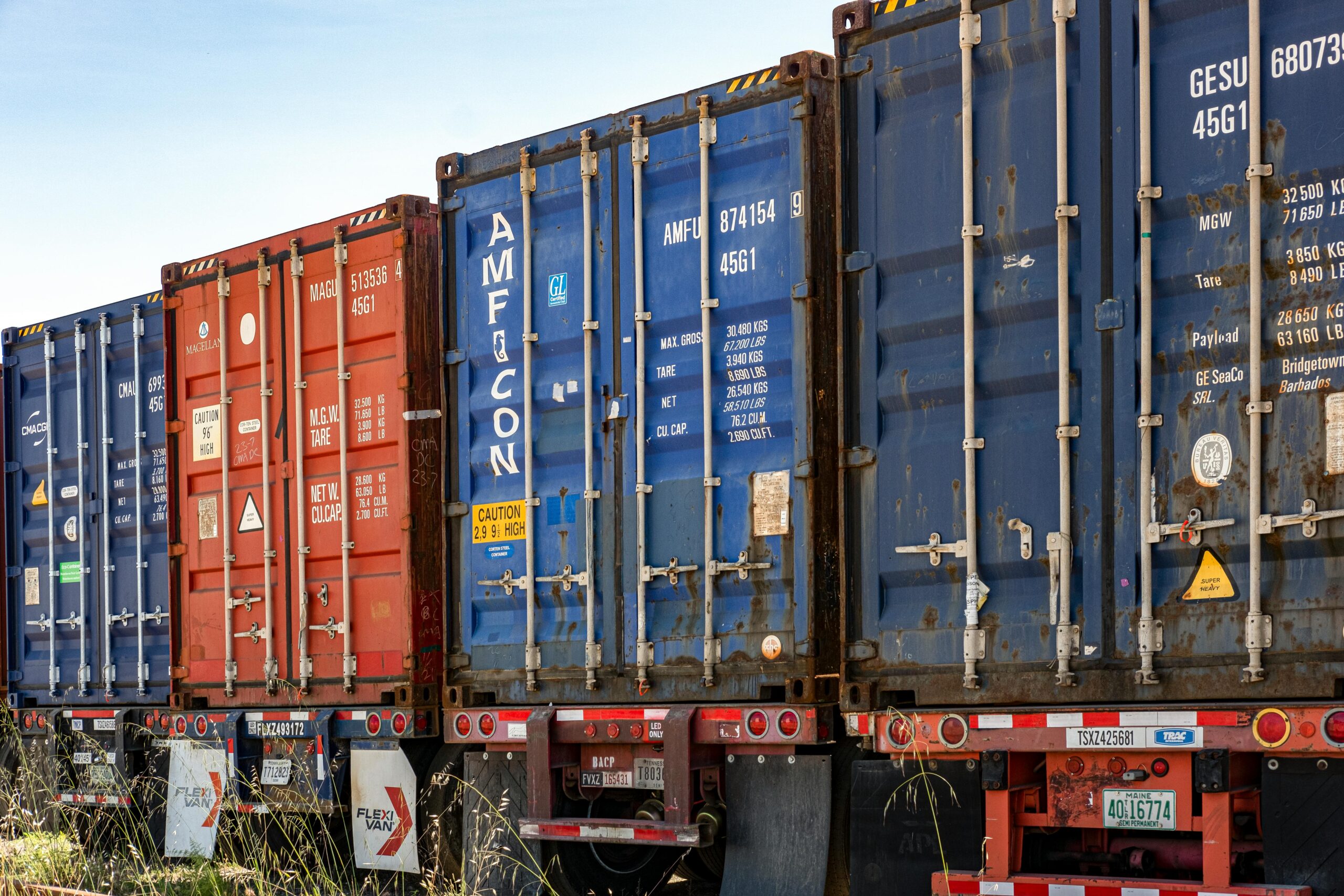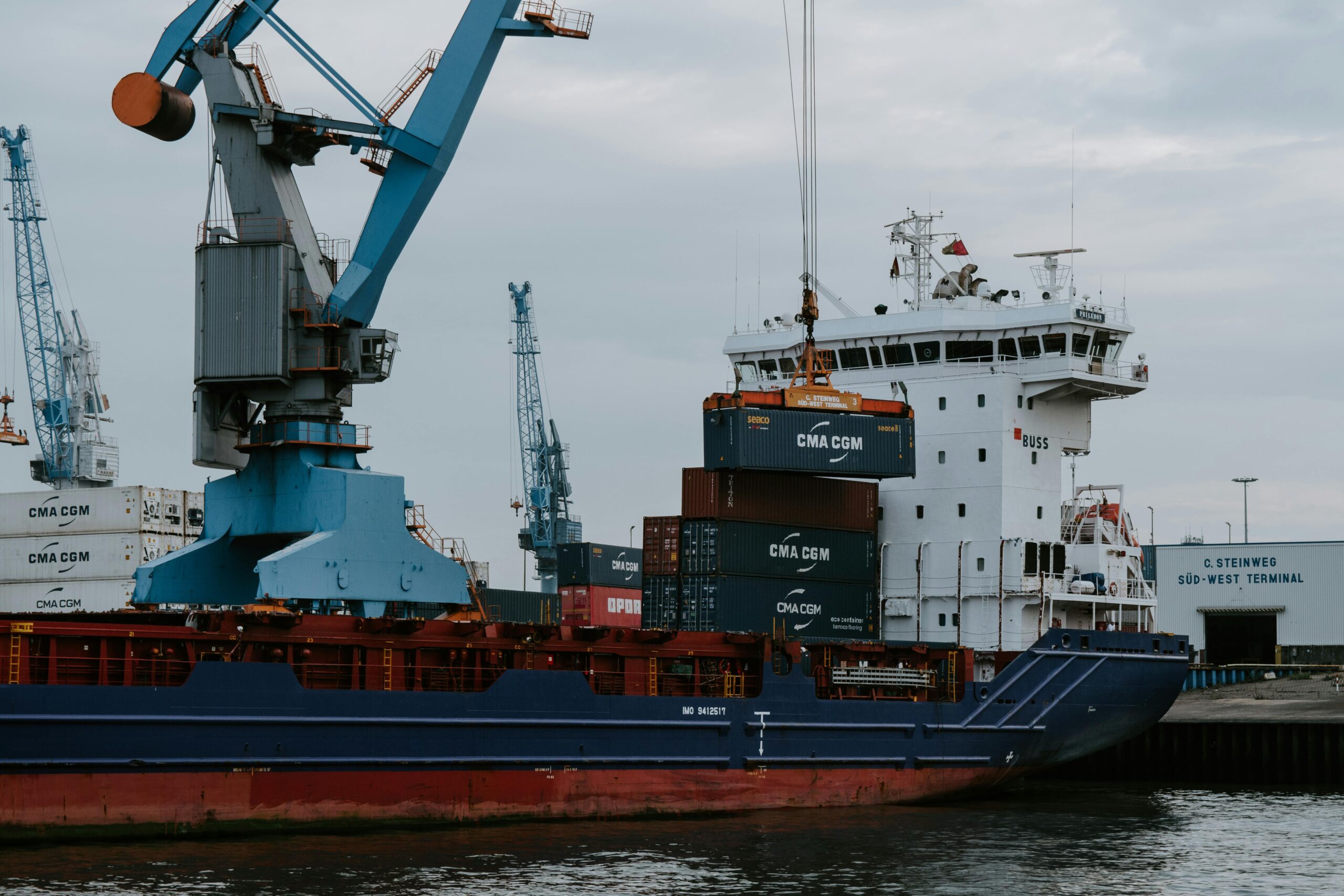The peak season for commerce has begun, already marked by increased freight rates, limited space on ships and containers, and logistical complexities.
In 2024, the situation has worsened due to the constant Houthi rebel attacks in the Red Sea.
This crucial route for global trade has become a focal point of tension, significantly impacting maritime operations.
What is Peak Season?
Peak Season is the period of highest demand in international transportation, occurring between September and October.
Due to the festive period, the purchase of goods increases, and thus, companies need to replenish their shelves as soon as possible.
To ensure that products reach consumers on time, companies begin their preparations in advance, often as early as August and September.
The high demand during Peak Season overburdens the entire logistics chain, generating several challenges:
- Congestion at ports and airports;
- Shortage of equipment;
- Cargo rollovers;
- Increase in freight rates.
These problems occur especially in shipments from China, as the country supplies a large part of the world.
Another relevant factor is the Chinese national holiday in October, which lasts about a week, during which many factories and companies interrupt their activities.
Red Sea Situation
The Red Sea is a key region for global trade due to its connection to the Suez Canal, which links Asia to Europe.
Since the end of 2023, ships transiting the region have been targeted by attacks carried out by the Houthi rebel group operating in Yemen, a coastal country on the Red Sea.
Since the end of 2023, a series of attacks attributed to the Houthi rebel group, based in Yemen, has put the safety of navigation in the Red Sea at risk. Faced with this threat, many shipowners have opted to divert their routes, rounding Africa to the West.
Although this decision is understandable from a safety standpoint, it has generated a series of consequences for global logistics.
While direct routes from Asia to Brazil are not directly affected by the transit time issue, this scenario creates a ripple effect throughout the global logistics chain, such as:
- Increased freight rates;
- Shortage of containers;
- Delays in deliveries and production interruptions;
- Port congestion.
How to Avoid It?
Faced with these challenges, resulting from the Peak Season and the situation in the Red Sea, importing companies should adopt approaches such as:
- Advanced and detailed planning.
- Increased safety stock.
- Partnership with reliable logistics providers.
- Diversification of routes and modes.
- Constant monitoring.
In short, the 2024 Peak Season is posing significant challenges for global logistics, requiring companies to have robust strategic and supply chain management.
Genco handles every detail of your international process, preventing future headaches. Our personalized support ensures the highest quality and security for your imports. Contact us to learn more about our services.
Contact us and learn more about our services!




